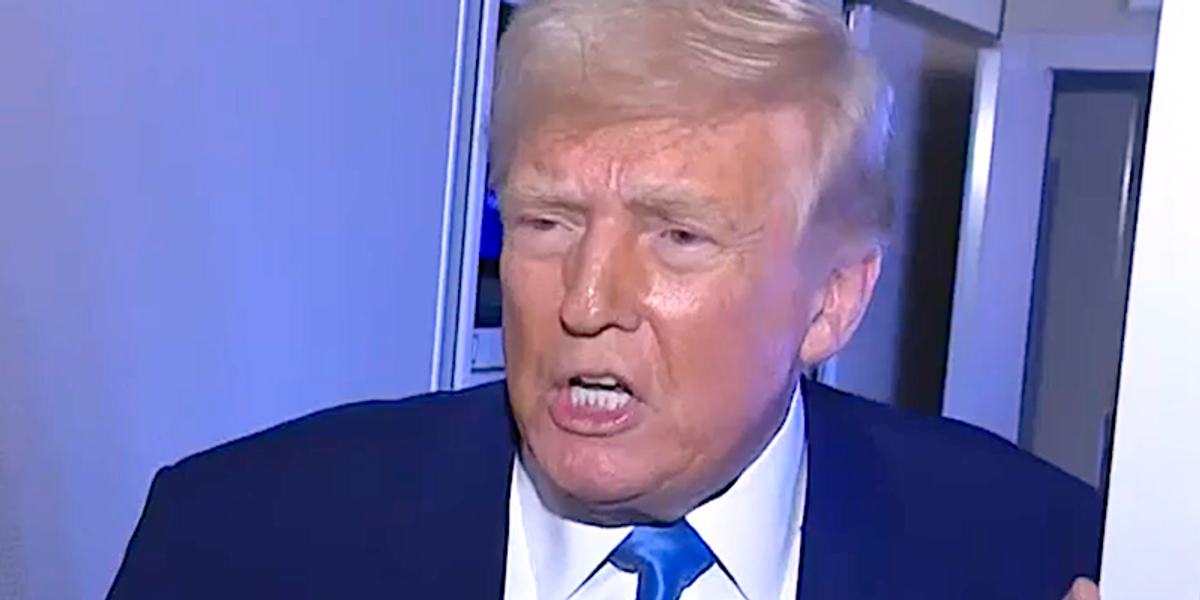Summary
Trump snapped at a reporter who asked how much economic pain he was willing to inflict amid plunging markets triggered by his new tariffs.
Speaking after a weekend at his Florida resort, Trump dismissed speculation he was trying to crash the market, claiming tariffs would bring in “$1 trillion” and spur U.S. manufacturing.
When asked about a pain threshold for Americans, he called the question “so stupid,” arguing economic “medicine” was necessary to reverse decades of “stupid leadership.”
He insisted the strategy would make the U.S. “solid and strong again.”



China’s growth is not a story of self-sufficiency.
It is a story of doing state directed capitalism, making extensive use of international trade, much more productively, intentionally, and strategically competently than… basically any other economy in the history of the post ww2 world.
They are not self-sufficient in the sense of autarky, a hermit kingdom like North Korea with 0 international trade.
Vietnam basically 80s onward, is a similar economic story of a ‘Communist’ government/society/economy that did a good job of introducing elements of capitalistic economic systems into itself gradually, with great control, and much of its profits siphoned into further reforms and building up public services and infrastructure… lots of international trade in all that, though they have been significantly less restrictive of foreign direct investment than China has.
… So is Japan, post ww2, minus the ‘Communist’ starting position, though with a good deal more foreign direct investment.
A free market republican/libertarian who learned how large of a role the government of Japan played in directly molding the evolution of its industries and manipulating its markets, openly, would call it ‘communist’, because they think ‘communism is when the government does stuff’.
In reality, its state directed capitalism, but in Japan, they call this capitalism, in Vietnam and China, they call this same thing communism.
Their political systems and culture are all very different, but their economic organization and growth patterns actually have a lot in common.
China does capitalism, its just that the state explicitly owns the largest corporations. But these corporations are still ultimately playing the same capitalism game as all other corps… they just have a lot more subsidies from and control by the state/Party officials.